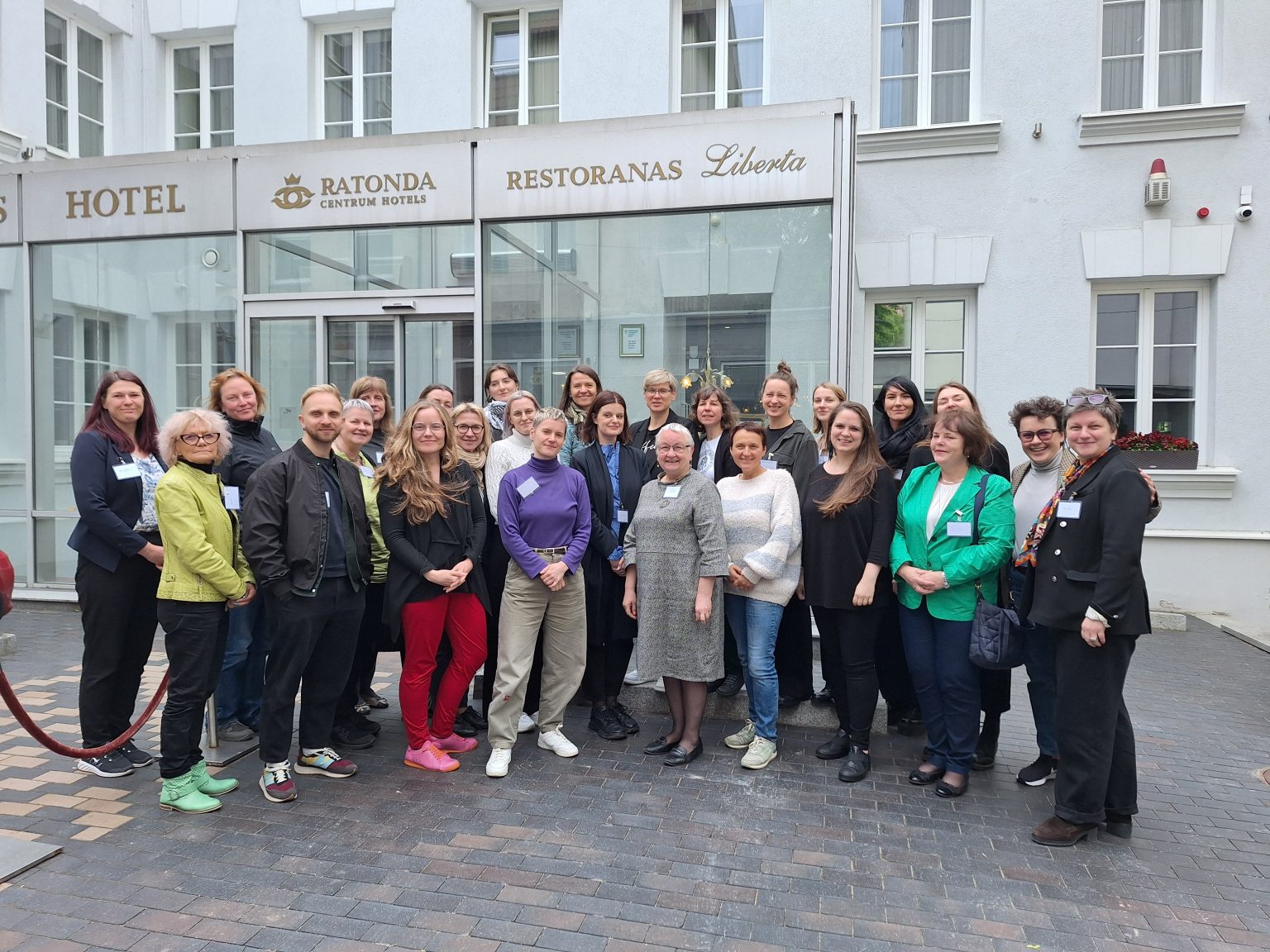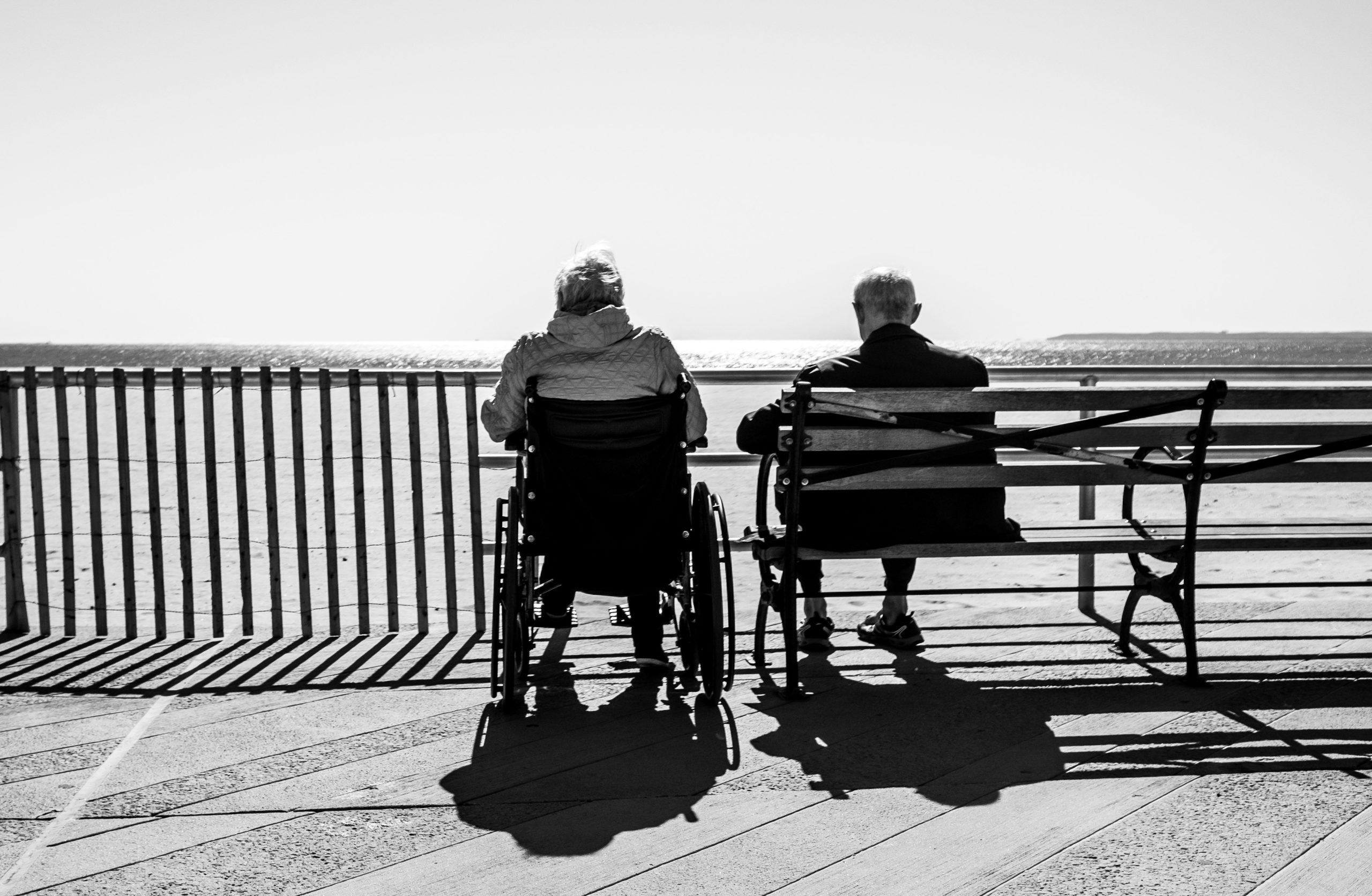Vytautas Magnus University (VMU) together with the partners of the Baltic Consortium is launching an international project “Baltic Harmony: Building a Gender-Sensitive Violence-Free Educational Environment”. Funded by the European Union’s Citizens, Equality, Rights and Values (CERV) programme, the project will run from 2025 to 2028, with activities aiming to create an evidence-based, gender-sensitive, violence-resistant educational environment. These activities will address the systemic prevalence of gender-based violence and the gender stereotypes that underpin it within Baltic educational communities.
Professor Milda Ališauskienė, the project leader and senior researcher at the Vytautas Kavolis Transdisciplinary Research Institute at VMU, says: “In this project, we will collaborate with our partners to develop science-based, sustainable solutions to create an education environment free from gender-based violence in the Baltic States. We are looking forward to three years of intensive collaboration through research, recommendations, engagement with school communities, and the initiation of advocacy and communication activities.”
The project consortium consists of seven institutions from Lithuania, Latvia and Estonia: The Lithuanian Centre for Human Rights, the Office of the Equal Opportunities Ombudsperson, the University of Latvia, the Latvian NGO MARTA Centre, Tartu University, the Estonian NGO Feministeerium, and the University of Latvia. The Office of Gender Equality and Equal Treatment Commissioner in Estonia is an associated partner. This wide-ranging collaboration aims to address gender-based violence in education at a systemic level in the Baltic States.
Evidence-based solutions and empowerment to combat gender-based violence in education
The project, which began in May, aims to mobilise forces against gender-based violence and enable responses to cases of violence by educating educators, policymakers, parents and children (indirectly), as well as the wider society. Through the collaboration of Lithuanian, Latvian and Estonian academic, non-governmental and governmental organisations, the project initiative seeks to raise awareness of the current state of gender-based violence in educational communities, empower educators to effect systemic change in gender-based violence prevention and promote legislative change in this area.
Activities: from research to legislative change
The project will comprehensively address gender-based violence in education through research, training, advocacy and communication activities. The research will examine the practices, barriers and knowledge gaps of teachers and other relevant professionals working in schools, as well as the resources available to them in relation to gender stereotypes and the prevention of gender-based violence and abuse. The project will develop and implement training programmes, establish national school networks, and empower school communities to respond to gender-based violence. Advocacy activities will include preparing and presenting legislative and policy briefs to policymakers, with the aim of bringing about systemic change in the prevention of gender-based violence. Communication and dissemination activities will include targeted communication tools for educators, as well as national communication campaigns aimed at a wider audience.
Implementing this project is an important step towards creating an education system in which everyone feels safe and dignified, regardless of gender. By creating an educational environment that is resistant to gender-based violence in the Baltic States, the project partners intend to address the problem and shape a more sustainable and equitable future for education.
This project is funded by the Citizens, Equality, Rights and Values (CERV) programme.



